Action Helping Linking Verbs Worksheet
A worksheet on action, helping, and linking verbs is a valuable resource for learners who want to strengthen their understanding of these essential components of grammar. By providing a variety of exercises and examples, this worksheet offers a comprehensive overview of the different verb types and how they function in sentences. Whether you're a student who needs to practice or a teacher seeking a supplemental tool for your lessons, this worksheet is designed to enrich your knowledge and enhance your writing skills.
Table of Images 👆
More Other Worksheets
Kindergarten Worksheet My RoomSpanish Verb Worksheets
Cooking Vocabulary Worksheet
DNA Code Worksheet
Meiosis Worksheet Answer Key
Art Handouts and Worksheets
7 Elements of Art Worksheets
All Amendment Worksheet
Symmetry Art Worksheets
Daily Meal Planning Worksheet
What are action verbs?
Action verbs are words that describe an action, intention, or state of being of a subject in a sentence. They convey what someone or something is doing, such as running, talking, eating, or playing. Action verbs help to bring a sentence to life by adding movement and vitality.
Give an example of an action verb.
Run" is an example of an action verb as it describes a physical activity that someone can do.
What are linking verbs?
Linking verbs are verbs that connect the subject of a sentence to a subject complement, which provides more information about the subject. They do not show action but instead help to describe or identify the subject, such as "is," "am," "are," "was," "were," "appear," "become," "seem," and "feel.
Provide an example of a linking verb.
The word "is" in the sentence "She is happy" is an example of a linking verb.
How are action verbs different from linking verbs?
Action verbs express actions that the subject is doing, while linking verbs connect the subject with a word that describes or renames it. Action verbs show physical or mental actions, such as "run" or "think," while linking verbs like "be" or "seem" link the subject to a description or state of being, like "She is happy" or "He seems tired.
When do we use action verbs in a sentence?
We use action verbs in a sentence to convey an action being performed by the subject of the sentence. Action verbs express physical or mental actions, such as running, thinking, or writing, and help to provide clarity and detail in describing what someone or something is doing.
How do linking verbs connect the subject and the predicate in a sentence?
Linking verbs connect the subject of a sentence to a noun, pronoun, or adjective that renames or describes it in a sentence. Instead of showing action like transitive or intransitive verbs, linking verbs simply link the subject to a word or phrase that helps to identify or describe it. This connection helps to clarify the relationship between the subject and the predicate in a sentence, allowing for a better understanding of the overall message being communicated.
Can linking verbs also express a state of being?
Yes, linking verbs can express a state of being. Linking verbs connect the subject of a sentence to a subject complement, which can often describe a state or condition that the subject is in. For example, in the sentence "She is happy," the linking verb "is" connects "she" to the adjective "happy," expressing a state of being.
Give an example of a sentence using a linking verb to express a state of being.
She is feeling happy today.
How can you identify whether a verb is an action verb or a linking verb in a sentence?
An action verb expresses an action that someone or something is performing, while a linking verb connects the subject of a sentence to a subject complement or an adjective to describe or rename the subject. To identify whether a verb is an action verb or a linking verb in a sentence, consider if the verb describes an action or connects the subject to a complement or description. Action verbs typically show physical or mental activities, while linking verbs serve to describe or identify the subject. Examples of linking verbs include "is," "seems," "become," while examples of action verbs include "run," "think," "eat.
Have something to share?
Who is Worksheeto?
At Worksheeto, we are committed to delivering an extensive and varied portfolio of superior quality worksheets, designed to address the educational demands of students, educators, and parents.

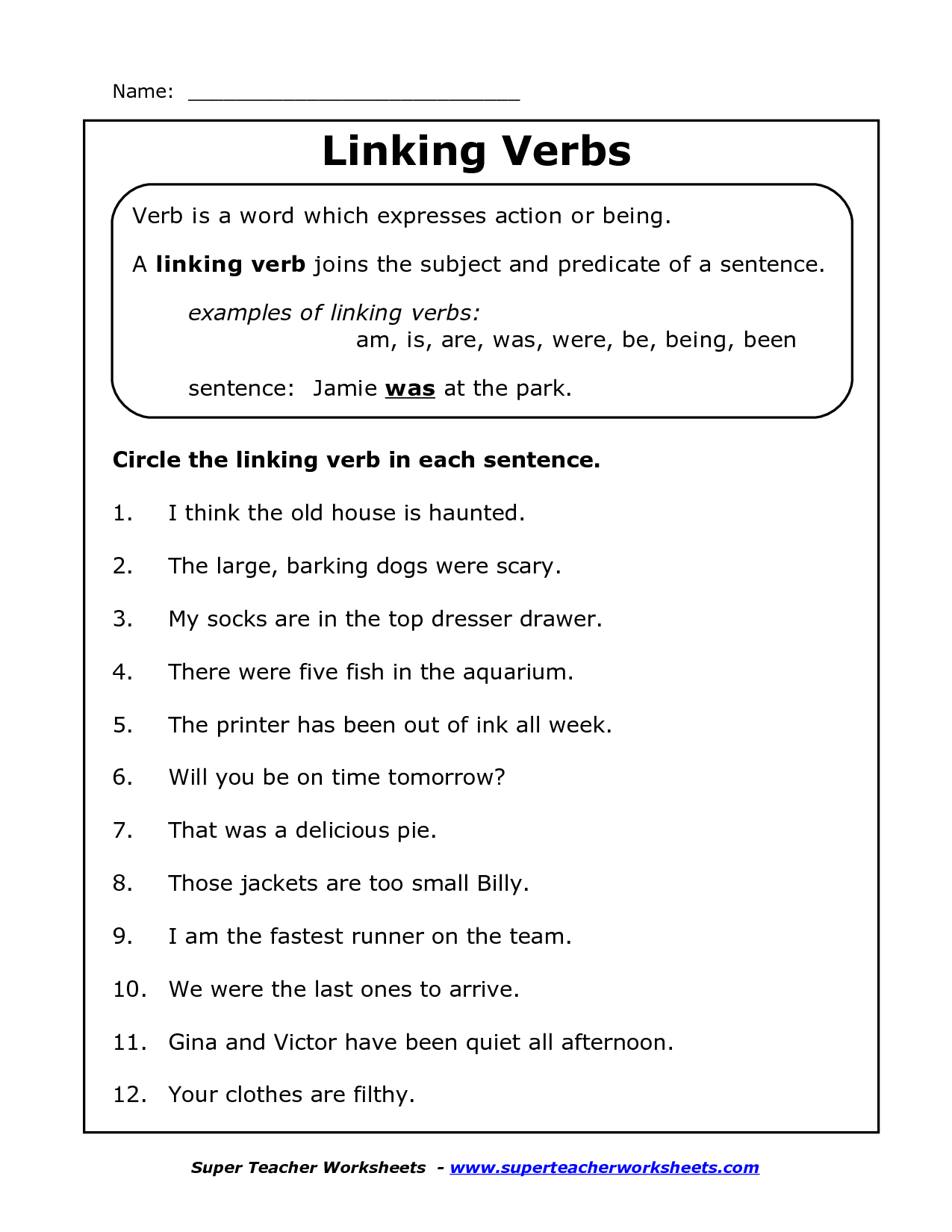



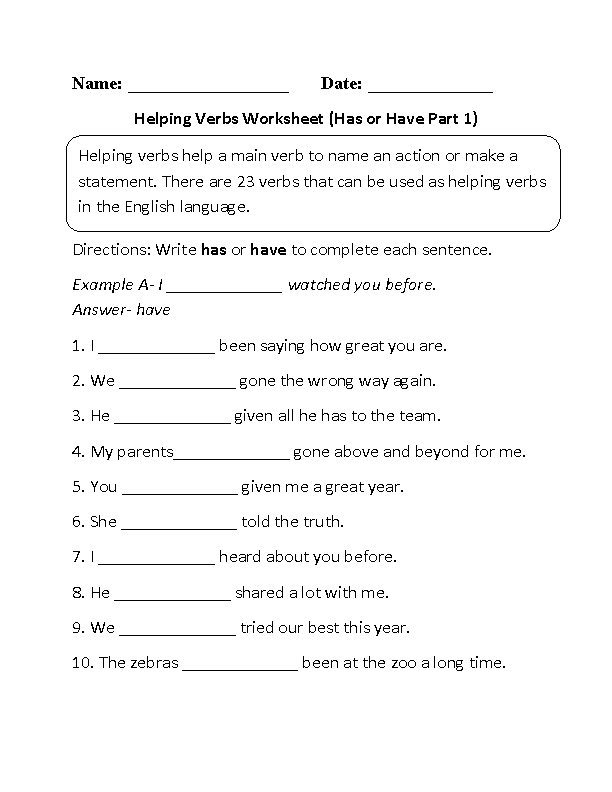
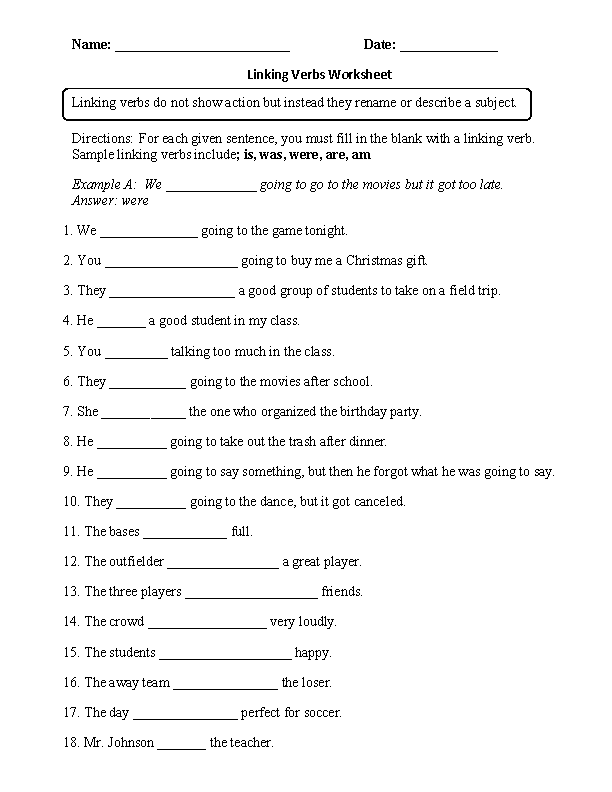
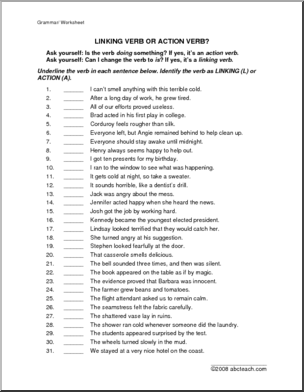
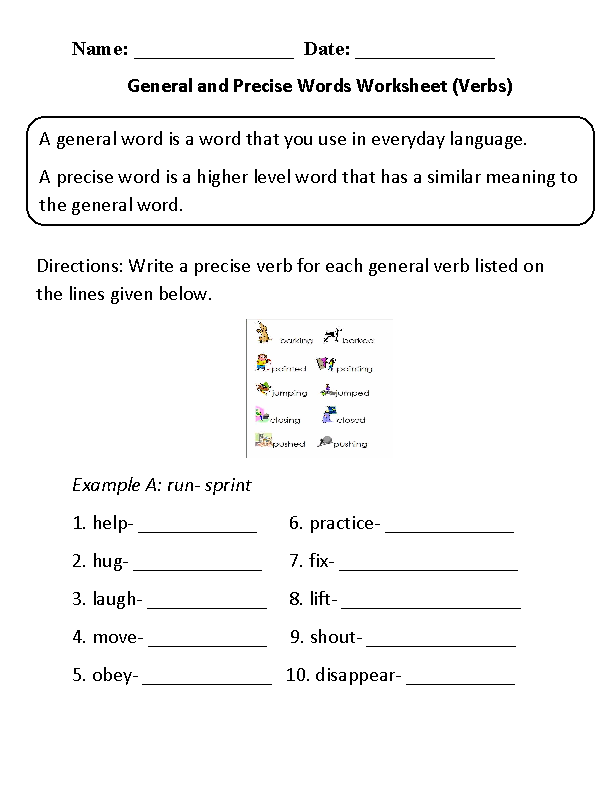
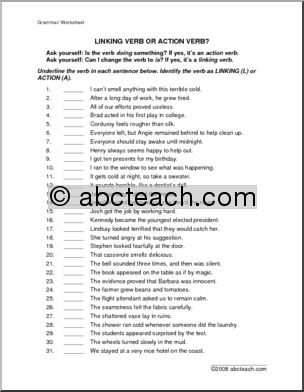
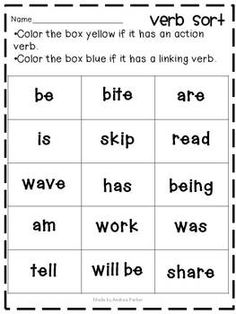
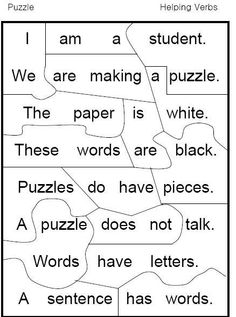
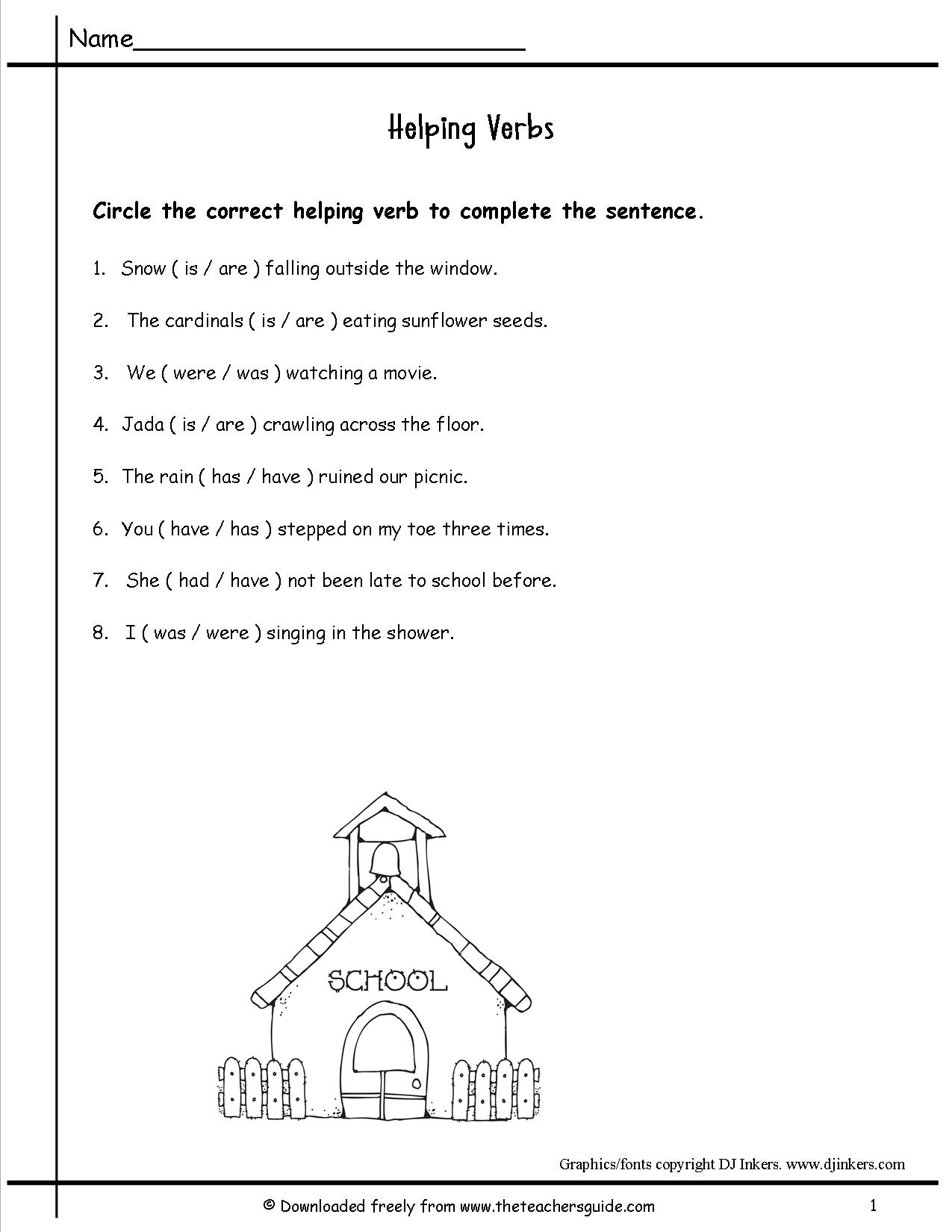
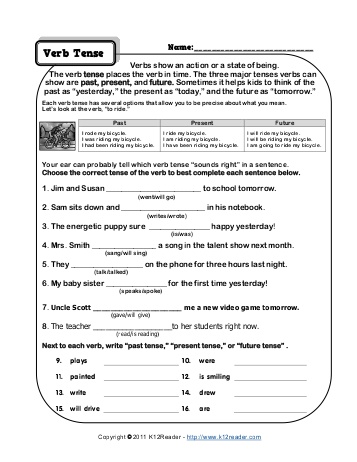
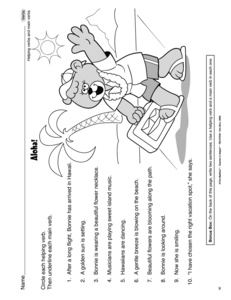
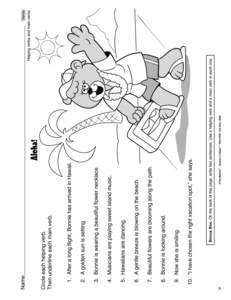
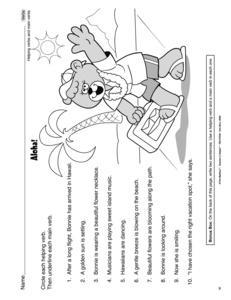
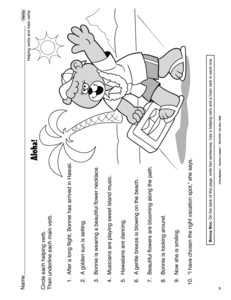
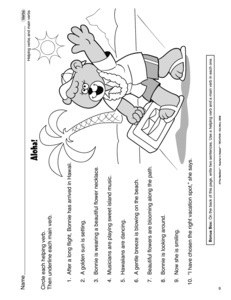
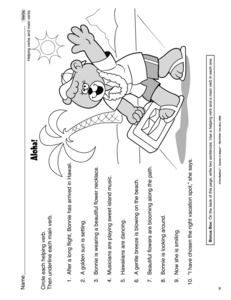
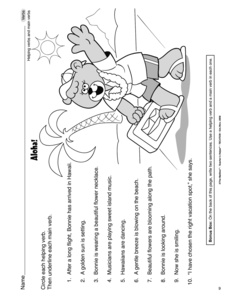
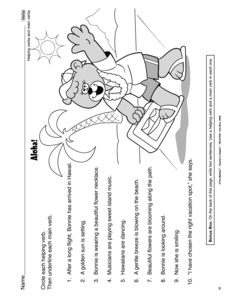














Comments